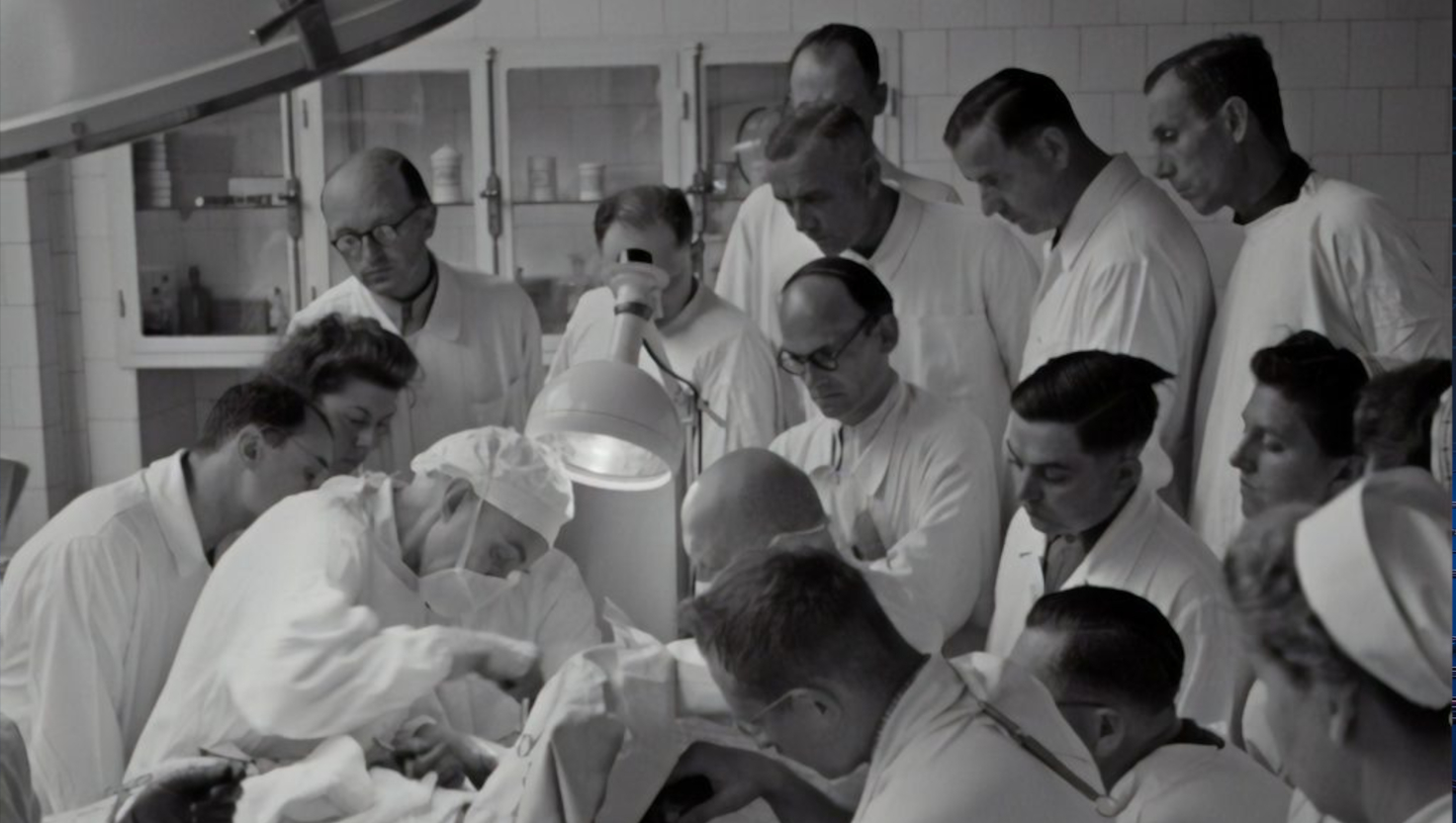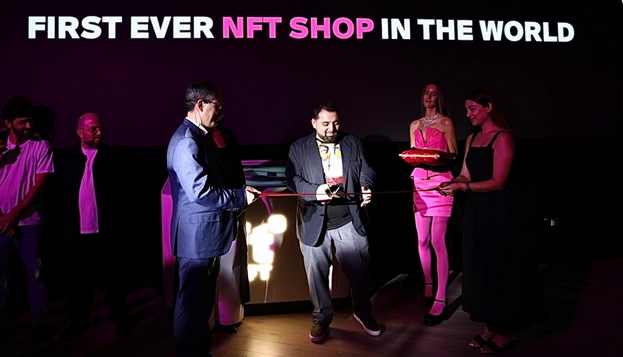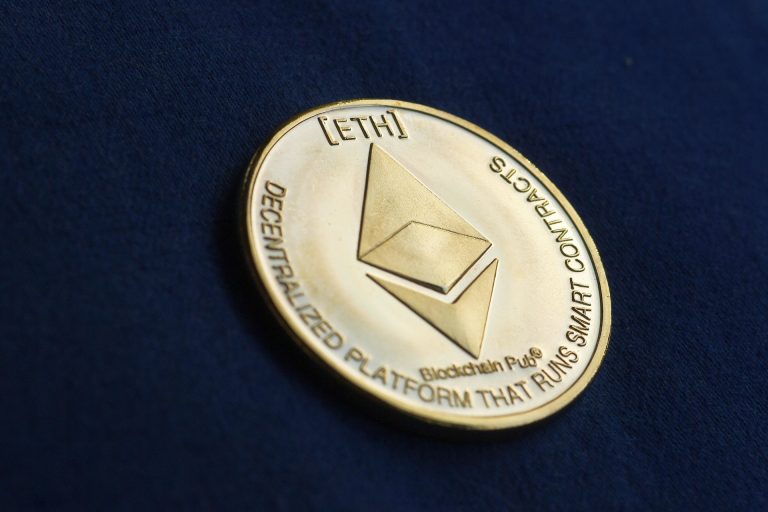Use of Blockchain Technology in Healthcare Industry

There is no doubting that healthcare costs account for a sizeable portion of the GDP in many developed nations. Despite this, medical costs keep rising, and both the public and private sectors are experiencing an increase in data breaches.
The first thing that comes to mind when someone mentions blockchain technology is crypto currencies. Blockchain, though, goes well beyond only cryptocurrency. It could cause havoc in every aspect of life, including healthcare. Blockchain technology has the potential to effectively address pressing issues that the world has been dealing with for a very long time.
Blockchain technology can be very beneficial for cutting costs, enhancing data security, automating transactional procedures, and expediting the exchange of information between patients and service providers in the healthcare industry.
Here are some concrete advantages of blockchain technology for the healthcare sector.
How is blockchain applicable to healthcare?
Blockchain technology has several uses in the corporate, government, and financial sectors. Here are just a few of the numerous applications for blockchain in healthcare.
- Protecting Patient EMR
- Tracing counterfeit drugs
- Prevent medical insurance abuse
Data Storage and Accessibility
According to a 2021 study conducted by Critical Insight using HHS data, the number of data breaches against healthcare organizations increased by 84% between 2018 and 2021. In terms of total victims, the figure increased from 14 million in 2018 to 44.9 million in 2021.
It is common knowledge that the medical industry and organizations have long struggled with patient records and data. Blockchain technology can permanently resolve this problem because the healthcare records are extremely sensitive and a single error could cost a lot of money even it could cost a patient’s life in worst case. It is virtually impossible to make a mistake because of the high level of security it provides for data access and storage. As a result, various medical sectors will be able to securely access, store, and share data as well as effectively collaborate, enhancing patient opportunities and experiences.
An end to counterfeit drugs
Pharmaceutical companies keep an eye on their suppliers, confirm the integrity and quality of their supply chain, and maintain strict quality control. Even so, complete protection from criminal activity is still difficult to guarantee, but thanks to blockchain technology, we can put an end to it.
Today’s blockchain technology can provide complete security against the entry of fake medications into the supply chain. Its benefit comes from a built-in feature that makes it possible for data to no longer be centrally kept. Instead, that information can be kept on a decentralized database’s distributed network of nodes.
Each entry is encrypted separately. Because data cannot be altered after the fact, any changes must be confirmed by all nodes in the system, making blockchain solutions nearly hard to hack. As a result, blockchain technology makes it much easier to detect fraud and identify weak links. As a result, businesses can receive complete visibility into their supply chain.
Use of Smart contracts in medical insurance
Health insurance can use smart contracts on a daily basis, which would improve the system’s efficiency in many ways. All information about a patient’s policy will be securely stored in their patient profile if they purchase their insurance through smart contracts. The blockchain, a safe and secure ledger that is less vulnerable to hackers than a conventional database, is then used to store this information.
They might also take the stress out of filling out protracted insurance claim forms. The smart contract would automatically activate in the event that an insured person underwent a medical procedure that is covered by the insurance policy. This indicates that the money will be transferred from the insurance company’s account directly to the hospital. This automation eliminates all hassles and delays and enables timely payment of medical services. As a result, all business between parties would move more quickly, and the process would not be delayed.
Conclusion
The combination of smart contracts and blockchain technology represents the future of healthcare and medicine. They use high-level encryption and security, giving users, patients, and doctors confidence that their information is safe and secure.






Nice Article